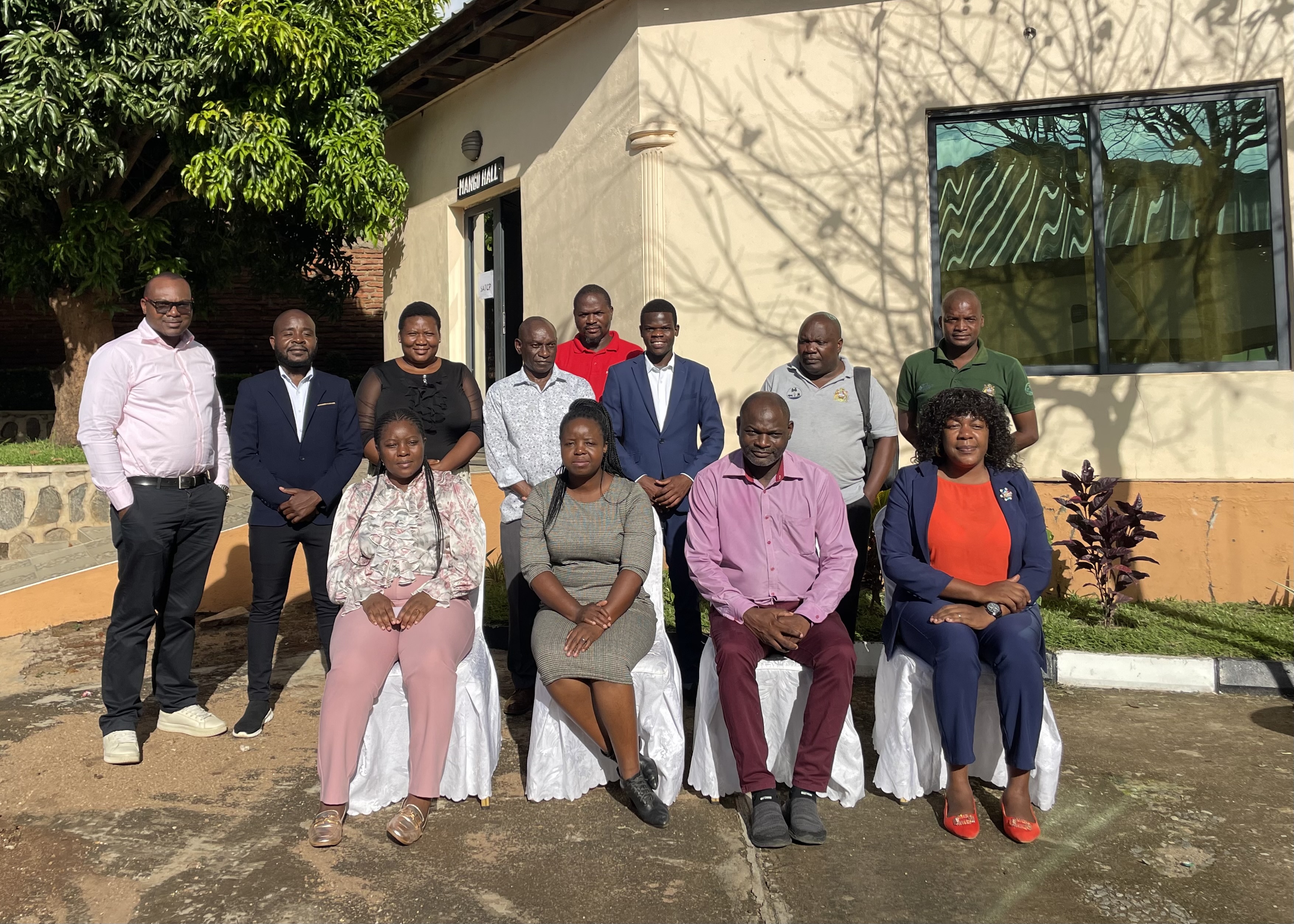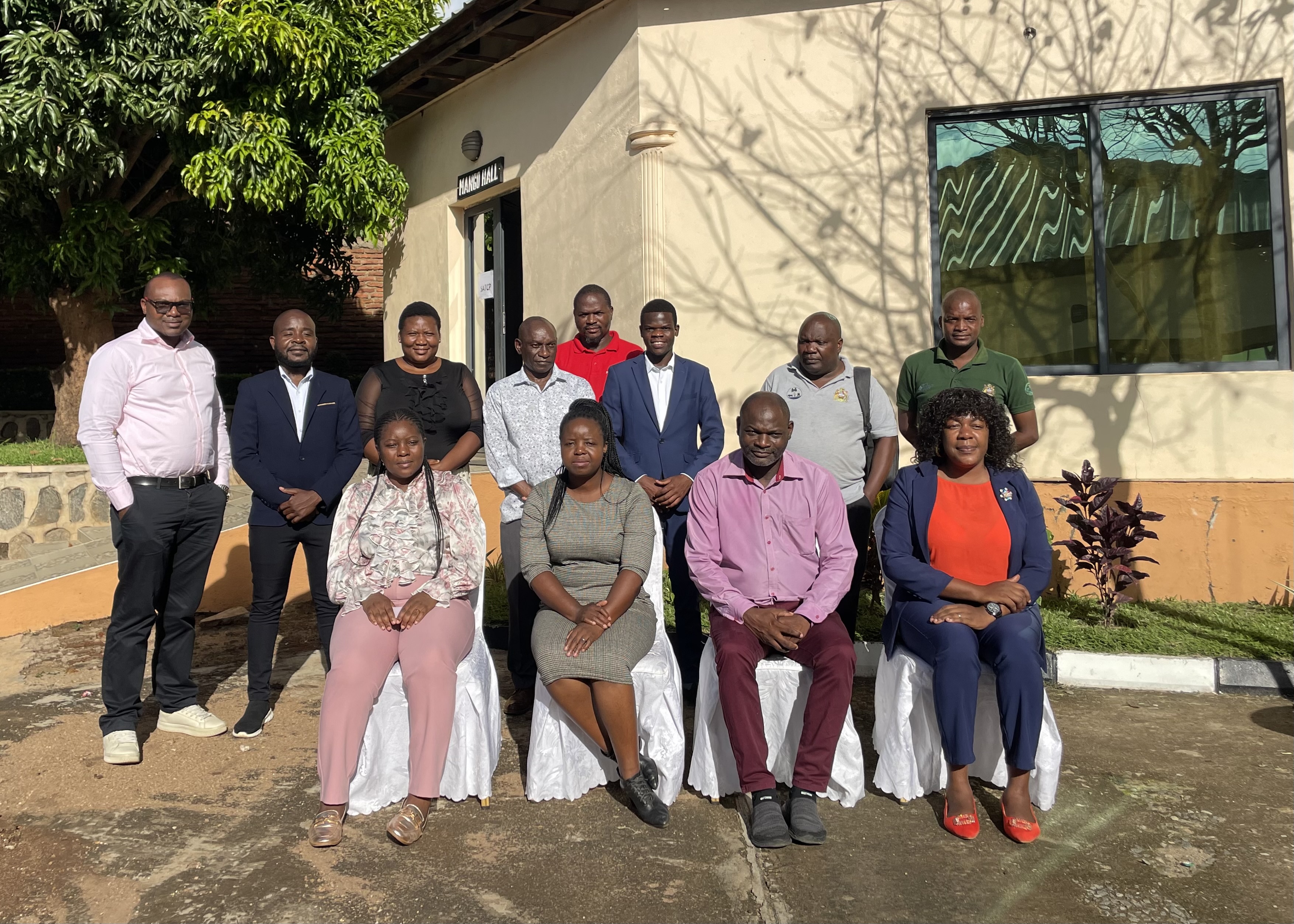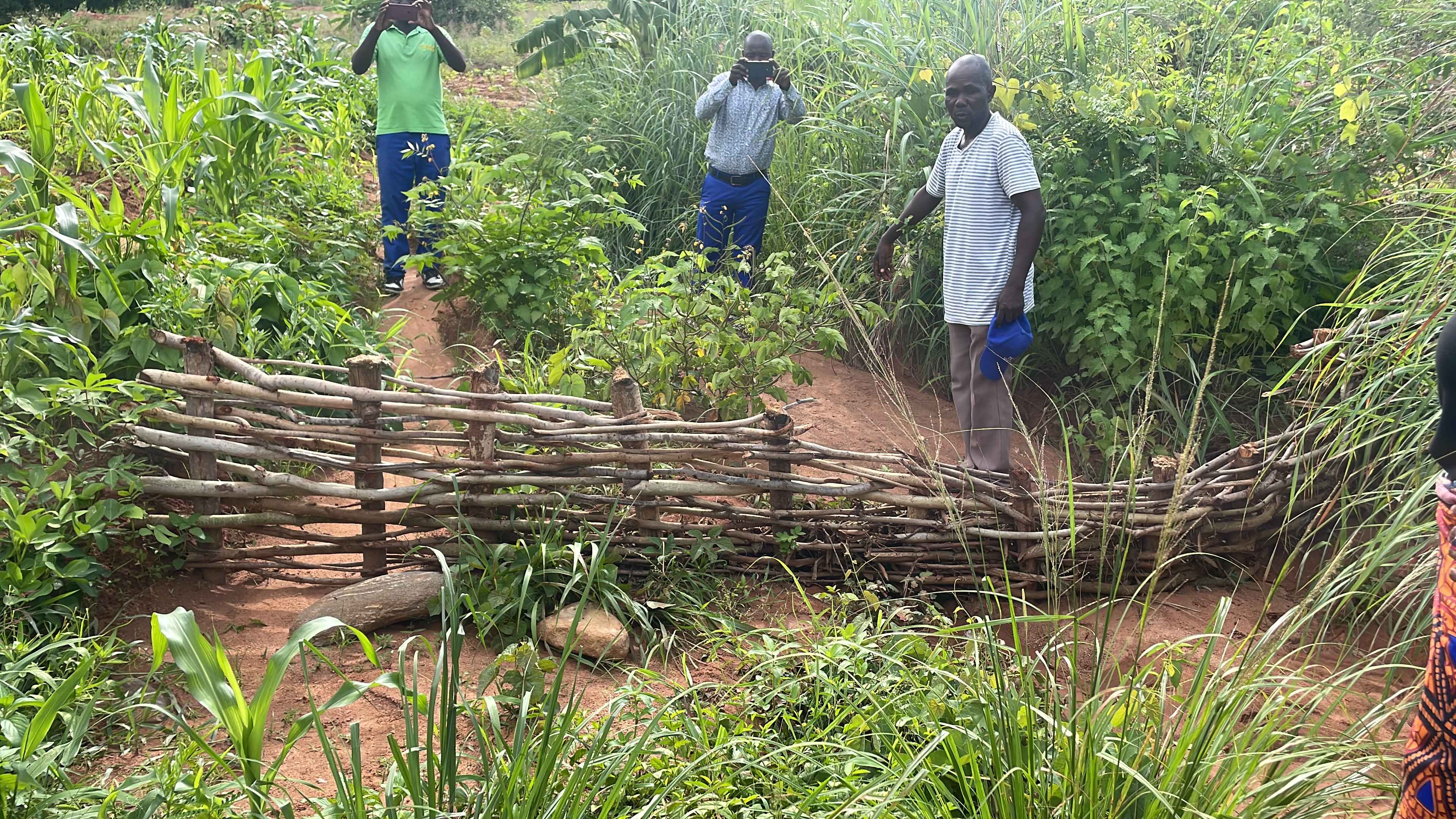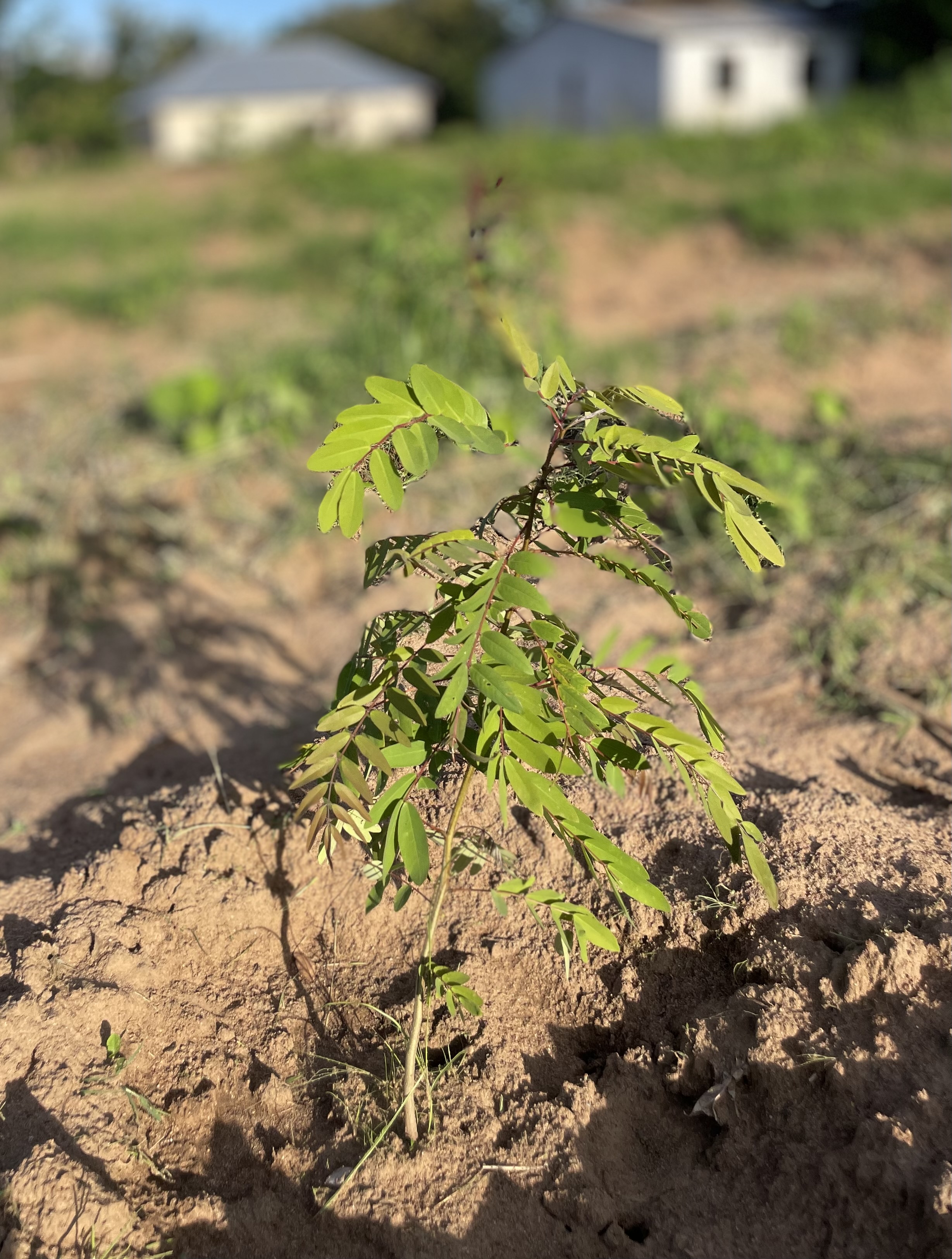BUILDING STRONGER CLIMATE RESILIENT VOICES

District officials from Salima, Mangochi, and Rumphi gathered at Mponela in Dowa, for a specialized training workshop aimed at enhancing climate communication skills under the Least Developed Countries (LDCs) Initiative for Effective Adaptation and Resilience (LIFE-AR). The training workshop, held after the unveiling of LIFE-AR’s Communication Strategy, focused on improving the effectiveness of climate resilience messaging at community level.

Speaking at the event, Yasinta Ganiza, Chief Environmental Officer (Legal) at the Environmental Affairs Department (EAD), underscored the importance of crafting messages that inspire action-oriented outcomes rather than merely informing the audience.

Participants were introduced to the ACADA model, a communication planning framework that helps guide the development of strategic communication programs. Officials were encouraged to tailor their messaging to different community groups, ensuring that climate information not only informs but also drives meaningful change in society.
Leveraging Digital Tools for Wider Reach
The training workshop emphasized the importance of modern communication tools such as social media and instant messaging apps like WhatsApp, X, LinkedIn, Instagram and Facebook in reaching a broader audience, particularly the youth. Charles Mkoka, Executive Director of the Coordination Union for Rehabilitation of the Environment (CURE), highlighted a need for consistency and clarity in messaging across different platforms, noting that a uniform approach would improve engagement and accessibility.

He further encouraged participants to engage existing community structures in information dissemination. He emphasized that fostering a sense of ownership among communities is crucial for the success of LIFE-AR.
As the training workshop concluded, participants developed sample messages to refine their communication skills as part of the practical session. They also pledged to integrate communication activities into their district work plans to ensure LIFE-AR’s messages reach all communities effectively. Gift Nyirenda, District Forest officer for Rumphi observed that, “the orientation will help to share messages that can be easily understood by communities where the project is being piloted.”
With climate adaptation efforts gaining momentum countrywide, strong communication strategies will remain key to ensuring that communities not only understand the challenges posed by climate change but also take proactive steps towards adaptation and long-term resilience building.
 STRENGTHENING CLIMATE RESILIENCE: HOW LIFE-AR IS TRANSFORMING COMMUNITIES IN MALAWI
STRENGTHENING CLIMATE RESILIENCE: HOW LIFE-AR IS TRANSFORMING COMMUNITIES IN MALAWI
 COMMUNITIES IN RUMPHI DISTRICT WITNESS LIFE-AR LAUNCH
COMMUNITIES IN RUMPHI DISTRICT WITNESS LIFE-AR LAUNCH
 LIFE-AR STRENGTHENS NATURAL RESOURCE MANAGEMENT ACROSS MALAWI
LIFE-AR STRENGTHENS NATURAL RESOURCE MANAGEMENT ACROSS MALAWI
 MALAWI ROLLS OUT LIFE-AR INITIATIVE TO ADDRESS ISSUES OF CLIMATE CHANGE
MALAWI ROLLS OUT LIFE-AR INITIATIVE TO ADDRESS ISSUES OF CLIMATE CHANGE